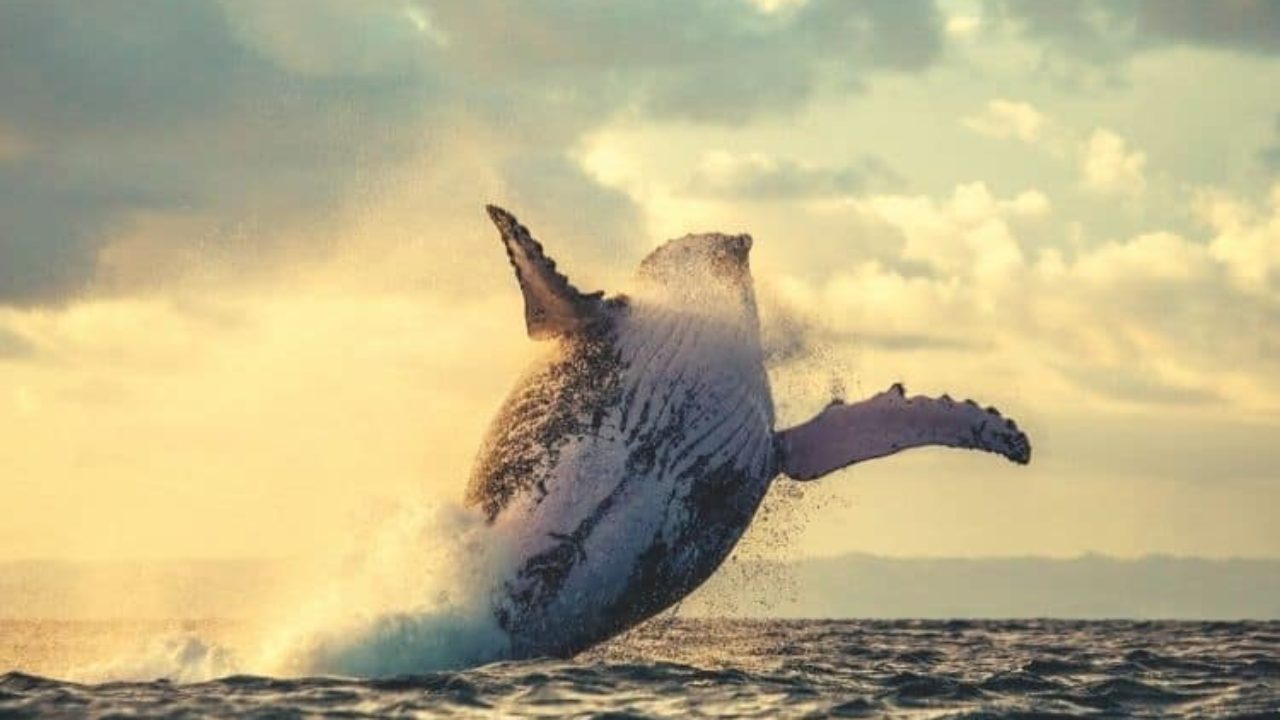Decentralized finance (DeFi) has been advocating for an economy without a centralized body or reliable third party for three years. However, this dream requires an expanding market, just like all previous wagers on deregulation. If not, calamity will strike soon. This is once further demonstrated by the example of a whale that is about to be killed on Solend, potentially lowering the price of solana in the process. The protocol started a storm when it suggested assuming the role of the whale. Is decentralization now over? Isn’t this decision to step aside likely to harm Solana’s (SOL) reputation even more?
The whale’s deadly game on the Solend procedure
It’s a common misconception that whales are impervious to harm and never make mistakes. In actuality, you must be aware that some people misjudge the status of the market and that they frequently engage in rivalry. It frequently benefits other whales to kill one whale. The whale we’ll be discussing started garnering attention when it posted 5.7 million solana as collateral on Solend. At the time of his filing, it was $215 million. He was able to borrow $108 million in stablecoins thanks to this collateral. Even though this whale had just borrowed 95% of the protocol’s deposits, one may assume that it was being careful because its collateral was twice as high as its loan.
However, the solana (SOLtrajectory )’s and the market crash nearly brought about a catastrophe. This whale’s liquidation threshold translates to a SOL of $22.3. However, the solana reached 26.4 dollars on June 14; it was at this point that the whale started to cause issues. In fact, the sale of its collateral would result from its liquidation. The price of solana would further decline with an additional 5.7 million tons on the market. Therefore, the solana’s course depends on what happens to the whale. In fact, a too quick decline in solana prices could result in cascading liquidations. Both the protocol and Solana would suffer greatly if it happened.
Saving the Solana blockchain with a double-edged sword
The Solend protocol came up with an unorthodox solution in response to this circumstance, which was to assume responsibility for the whale’s debt. The whale would be manually killed in accordance with the protocol by an agreement made with her. Once this arrangement was reached, the protocol would not have had to sell the solanas in order to repurchase the debt. The protocol had to swiftly retract it because this solution sparked a scandal. Although its guiding principle—to prevent more liquidations and safeguard the ecosystem—may appear admirable, it actually runs counter to an even more crucial one: decentralization. This market is preferred by all proponents of decentralized finance since it self-regulates without outside interference. Everyone is aware of the game’s rules, which are changed randomly with each intervention.



